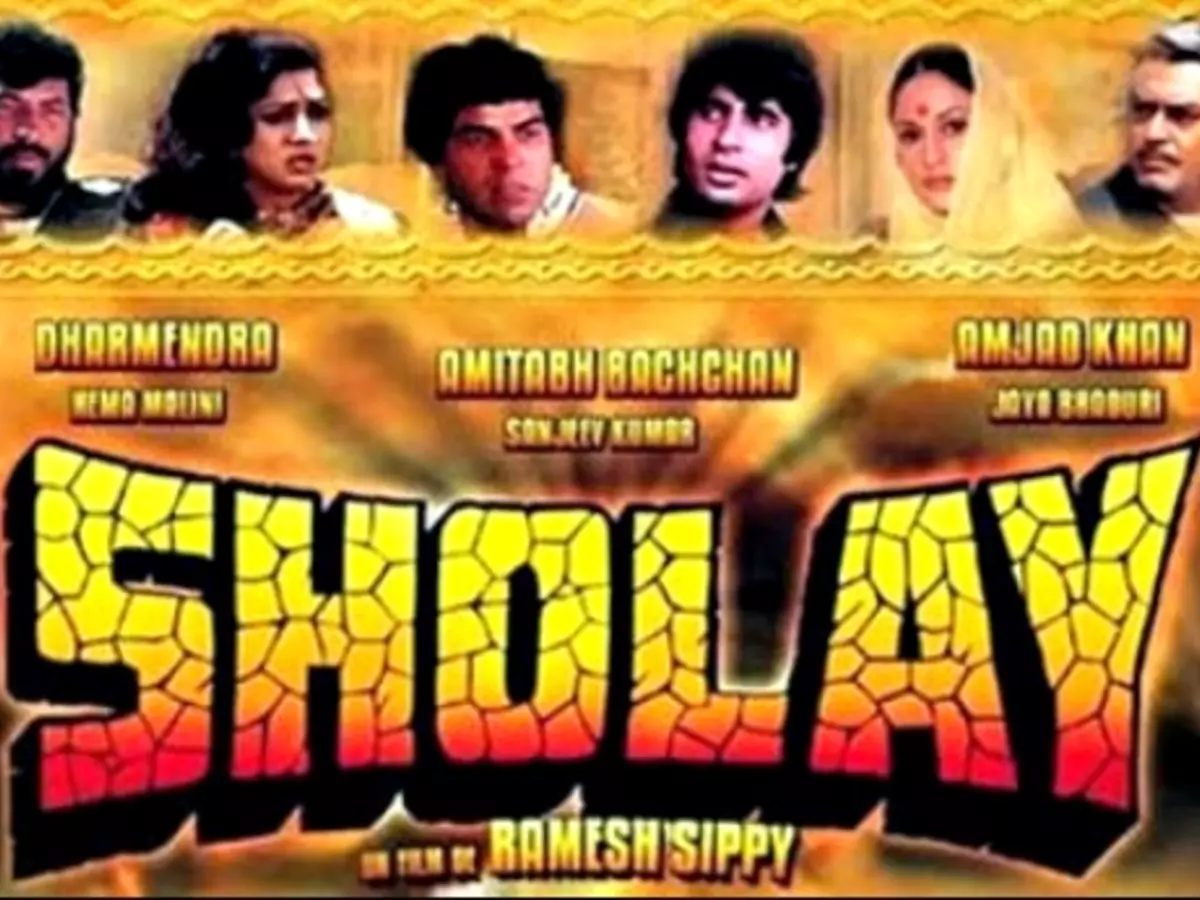Amitabh Bachchan, often referred to as the "Shahenshah" (emperor) of Bollywood, is a legendary figure in Indian cinema whose career spans over five decades. Born on October 11, 1942, in Allahabad, India, Bachchan's journey to stardom is a remarkable tale of resilience, talent, and determination.
He made his acting debut in 1969 with the film "Saat Hindustani" but shot to superstardom with his iconic portrayal of the "Angry Young Man" in the 1970s classics like "Zanjeer" and "Deewaar." His deep baritone voice, towering presence, and intense performances quickly made him the reigning star of Indian cinema.
Bachchan's career has seen numerous highs and lows, but his ability to reinvent himself and adapt to changing times has kept him relevant across generations. He has appeared in over 200 Indian films, showcasing his versatility across various genres, from intense dramas to light-hearted comedies.
Beyond his acting prowess, Bachchan is also a philanthropist, television host, and social media influencer. His contributions to Indian cinema have earned him numerous accolades, including multiple National Film Awards and Padma Awards, India's highest civilian honors.
Even in his 70s, Bachchan continues to mesmerize audiences with his performances, proving that his star power remains undiminished. He is not just a Bollywood icon but a cultural phenomenon whose influence transcends borders and generations.
Here are some recommendations if you love his acting;
ZANJEER 1973
"Zanjeer" is a pivotal film in the history of Indian cinema, marking the emergence of Amitabh Bachchan as the "Angry Young Man" and revolutionizing the Bollywood landscape. Released in 1973, directed by Prakash Mehra and written by Salim-Javed, the film stars Amitabh Bachchan in the lead role alongside Jaya Bachchan, Pran, and Ajit.
At its core, "Zanjeer" is a gritty and action-packed drama that revolves around Vijay Khanna (Amitabh Bachchan), an honest and fearless police officer determined to eradicate corruption and crime from society. His path intersects with Mala (Jaya Bachchan), a feisty and independent woman seeking justice for her murdered parents. Together, they unravel a web of deceit and betrayal, leading to a climactic showdown with the formidable villain, Teja (Ajit).
One of the defining aspects of "Zanjeer" is its portrayal of a flawed yet morally upright protagonist. Amitabh Bachchan's portrayal of Vijay Khanna is a tour de force, exuding charisma, intensity, and vulnerability in equal measure. His iconic persona as the "Angry Young Man" resonated deeply with audiences, catapulting him to superstardom and redefining the archetype of the Hindi film hero.
The film's narrative is tightly woven, blending elements of action, romance, and social commentary seamlessly. Salim-Javed's sharp dialogues, coupled with Prakash Mehra's dynamic direction, keep the audience engaged from start to finish. The iconic dialogue "Yeh police station hai, tumhare baap ka ghar nahi" (This is a police station, not your father's house) became synonymous with Bachchan's on-screen persona and remains etched in the collective memory of Indian cinephiles.
The supporting cast delivers commendable performances, with Pran leaving a lasting impression as the benevolent Sher Khan, Vijay's loyal friend and mentor. Jaya Bachchan shines as Mala, bringing depth and resilience to her character.
"Zanjeer" is not just a film; it's a cultural phenomenon that left an indelible mark on Indian cinema. It heralded the rise of the "angry young man" archetype, reshaping the narrative landscape of Bollywood and inspiring generations of filmmakers and actors.
In conclusion, "Zanjeer" is a timeless classic that continues to captivate audiences with its gripping storyline, powerhouse performances, and iconic dialogues. It remains a testament to the enduring legacy of Amitabh Bachchan and the creative genius of Salim-Javed, cementing its status as a cinematic masterpiece.









Comments
Post a Comment